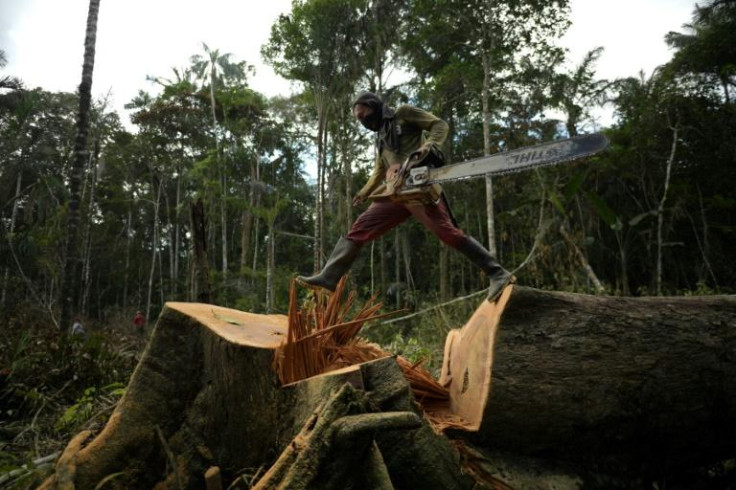Over 20 percent of Amazon may not be able to recover again: study
In 2020, a study had claimed that 40 percent of the Amazon rainforest could transition into drylands.
A major study by scientists and indigenous organisations has claimed that parts of the Amazon rainforest may not be able to recover ever again.
The study was conducted by scientists from the Amazonian Network of Georeferenced Socio-environmental Information (RAISG) and Coordinator of Indigenous Organizations of the Amazon Basin (Coica).
The researchers covered all the nine nations that contain parts of the Amazon for their study. It found that only Suriname and French Guiana have at least half their forests still intact.
"The ecological response of the forest is changing and its resilience is being lost. "We are at a point of no return," said Marlene Quintanilla, one of the scientists involved in the study.
The report added that we have already passed the threshold and that around 26 percent of areas may not be able to recover.
The study revealed that 20 percent of the Amazon has already been cleared, while another 6 percent is highly degraded. It adds that once a crucial part of forest is lost, it will no longer be able to regenerate itself. The report emphasised that this portion will need human assistance to be restored, per The Guardian.
"The tipping point is not a future scenario but rather a stage already present in some areas of the region," read the report. "Brazil and Bolivia concentrate 90% of all combined deforestation and degradation. As a result, savannization is already taking place in both countries," it added.
In 2020, a study had claimed that 40 percent of the Amazon rainforest could transition into drylands due to climate change. Researchers at the Stockholm Resilience Centre used computer models and data analysis to understand the status of the Amazon forests.
"In around 40 percent of the Amazon, the rainfall is now at a level where the forest could exist in either state -- rainforest or savanna, according to our findings," lead author Arie Staal said.
Amazon is the world's largest tropical rainforest. Spread across nine nations, the jungle is referred to as the "lungs of the Earth" which produces nearly 20 percent of the planet's oxygen.
It is the most biodiverse region on our planet, with millions of species of plants and animals co-existing in one place. Several studies have warned that the world needs to take drastic steps if it wants to undo the damage.

© Copyright IBTimes 2024. All rights reserved.






